Lying is always wrong. Right?
From when we were small children we were told that we must never lie and always tell the truth. Veracity or truthtelling – is one of the basic moral principles of our society.
But what if I tell you that people lie a lot more than they think? Including nurses. We tell lies, or withhold the truth, without even noticing – and not always because it’s in the best interests of the patients. Just think of all the recent court cases where falsifications on patient charts have come to light.
As with all ethical principles, veracity in nursing is not simple black and white. Most of the time there isn’t a clear line between when lying is acceptable and when not. In every circumstance, nurses are faced with a moral and ethical decision. Each one of us has to make up our own minds about what to do.
The types of lies we tell
Most of us associate a lie with a blatant and obvious untruth. However, we lie in many different ways, also in our daily lives. And the interesting part is we usually don’t even realize that we’re actually being untruthful until we sit down and think about it. We normally see ourselves as good – because we tend to judge ourselves by our honest intentions.
A good example of an actual lie in the nursing situation is when we tell a patient, or their relatives, that they’re going to be fine when we know that they will probably not survive the night.
Then there are the small white lies we tell to be tactful or to save the patient from concern. The ones we feel are in the best interests of the patient and can’t do any harm. Or the ones we use to cover up – like when we’ve made a mistake. But, if we are found out, these lies can cause us to lose credibility and destroy the relationship of trust we have with our patients.
Then there are the lies of omission – leaving out important information in order to conceal the whole truth. Promising to do something just to ease a situation, while knowing that you don’t intend to keep the promise, is also a form of lying. So is spreading rumors – sharing things about other people that you don’t know for sure are true.
Misleading another person through lies twists their own reality. Broken trust can hurt relationships permanently and it can also affect your own reputation. Dishonesty could even cost you your career.
Let’s have a look at the when and how nurses tell lies or bend the truth.
The lies nurses tell
Reassuring patients about their care
Sometimes nurses feel that they have to tell a little white lie, or bend the truth, to spare a patient from unnecessary anxiety. Have you ever told a patient before a procedure that it won’t hurt? Or that they will be running around in no time when you know they’ll probably take months to recover.
“Suppose we are teaching a newbie to insert IV‘s. The patient may ask (fearfully) of the nurse we are precepting Have you done this before?” explains Diane Goodman, an acute care nurse practitioner, who believes that an honest answer would serve no purpose in this situation. “I answer Oh, we can’t count how many times he/she has performed this procedure!”
There are also instances where patients are given the best scenario of the side-effects of treatment or of expectations for recovery. “When things go worse than the best case scenario, I have seen it cause undue stress to the patients and families, which only gets partially relieved when an explanation of the typical range of patient experience is shared with them,” wrote ICU nurse William Perry. “It’s much better for them to hear the whole truth from their doctor prior to consent, instead of relying on nurses to patch things up afterward.”
You can surely think of many more examples from your own everyday practice.
Covering up a patient’s prognosis
Whether patients and/or their families should be told the truth about their prognosis has been debated in health care circles for centuries.
In a recent poll by Medscape, 24% of the doctors said that it was sometimes acceptable to lie to patients about their prognosis, while only 8% of nurses and nurse practitioners agreed. Among doctors, 14% were uncertain compared to 15% of nurses. In comments on the article about the poll results nurses, in particular, came out strongly against hiding the truth from patients.
“Every patient and family should have the right to prepare, set everything right in their lives and experience life to the fullest right up to their death,” wrote registered nurse Frances Prenzler. “But how is that possible when their healthcare providers aren’t honest with them?”
Is having to deal with the difficult situation of discussing a poor prognosis with a patient sometimes the reason why the truth is withheld?
Lying for the sake of convenience
Have you ever sidestepped a patient’s question because, at the time, you were avoiding the compassion and support that you knew your answer would require? Have you ever promised that you would do something, while not intending to, to get the demanding patient off your back? Have you ever told a patient that something isn’t possible or has to be done earlier than usual – like waking in the early hours of the morning – so that you can get through your work sooner or because you’re just too busy? Or even to avoid being inconvenienced by yet another task?
Maybe you even used policy or doctor’s orders as an excuse?
An area where lies are common practice is in dementia care – withholding the truth or being less than honest to prevent the patients from becoming distressed or aggressive.
In one survey among nurses in dementia care, 98% of them said that they had lied to patients for their own good, although over half admitted that they had doubts about whether lying was ethical. An example given in the report was allowing a patient to sit and wait for an imaginary bus when he pestered the nurses about needing to catch a bus.
“The skill of the nurse is to know when to use a therapeutic lie and to know why it is needed,” said researcher Ian James. “But the best thing to do is to distract the patient so the nurse does not get drawn into the ethical issue of telling a lie.”
Lying about medical errors
An undeniable fact is that health care providers and medical facilities tend to cover up medical errors. This applies particularly to not sharing the information with patients and their families. Many cases have recently come to the courts, an example being that of Radonda Vaught.
In the Medscape poll mentioned above, 12% of doctors said that it was acceptable to lie about medical errors and 17% admitted that they had. The percentages for nurses were 4% and 6% respectively.
Can any nurse truthfully say that she has never made a medication error – even if it’s as simple as charting the time when the medicine should have been given when in fact it was only given two hours later.
False entries or omissions on patient records
There are more and more reports of false entries on patient records being exposed in courts of law in both civil malpractice claims and criminal cases. And false entries are not only unethical but blatant lies for which nurses can be held legally accountable.
This includes inaccurate entries about the patient’s condition, treatments or observations. Examples are reporting that a treatment or medication was given when in fact it was not; documenting times in terms of when a medication should have been given when it was actually given much later; making up values for observations which were not done; and charting for all the patients on the unit at the end of the day while not really knowing whether what is being written is accurate at the time.
Then there are the omissions – covering up errors and incidents by not recording them on the patient’s record. In some court cases, it has even come to light that documents were falsified at a later date because the nurse who eventually signed off on the report had not even been on duty on the day.
Veracity in nursing – where do we stand?
The underlying reasons why truth-telling is important is because it shows respect for people and allows them the right to autonomy – giving them all the information they need to make their own choices. Veracity can be violated by either deliberately lying or also by withholding all or part of the truth or communicating it in such a way that the other person is misled.
Veracity is one of the basic moral and ethical principles in society. It is entrenched in medical ethics and in nurses’ ethical codes.
However, from the above discussion, it should be clear that withholding the whole truth from patients, or even giving false information, is entrenched in nursing and medical practice.
There is no denying that in certain circumstances withholding the truth from a patient is the compassionate and moral choice – to protect them from mental and emotional distress.
Furthermore, with the high level of pressure in healthcare today, ethical concerns often take second place to getting the job done. First there are time pressures, then everyone starts cutting corners, and eventually, something that you know isn’t right becomes everyday practice.
So is it ok for nurses to lie?
But are we getting too comfortable with deception or covering up? Are we questioning often enough whether it is really the right thing to do in a particular circumstance? Do we sometimes deny patients their human right to autonomy – to make their own decisions and to come to terms with their disease or prepare for death? Or to know what is actually happening to their bodies.
What about the breach of trust between the health care professional and the patient when a lie – even a small white lie – comes to light? “Having been the victim of malpractice and cover-up by other physicians and lived, I will tell you first hand I suffer PTSD from medical professionals” registered nurse C Cc wrote. “And it has devastated my trust in humanity.”
Pause and consider
Truth-telling in the field of health care is an increasingly controversial topic. One cannot deny that there are circumstances where it is in the best interests of the patient, and therefore morally acceptable, to not to tell “the whole truth, and nothing but the truth”.
However, there is no straightforward answer to the ethical question of whether and when it is acceptable for nurses to lie or obscure the truth.
Every nurse needs to decide for herself, and in every circumstance, what is and what is not OK. We need to be ethically and morally sensitive – to listen to that inner voice. We should also always ask ourselves whether the lie is truly for the sake of our patient or for our own convenience.
A good idea is to practice this decision making using case studies. You can use a decision checklist such as the one designed by Daniel Sokol, a lecturer in medical ethics, to help guide you through the process.
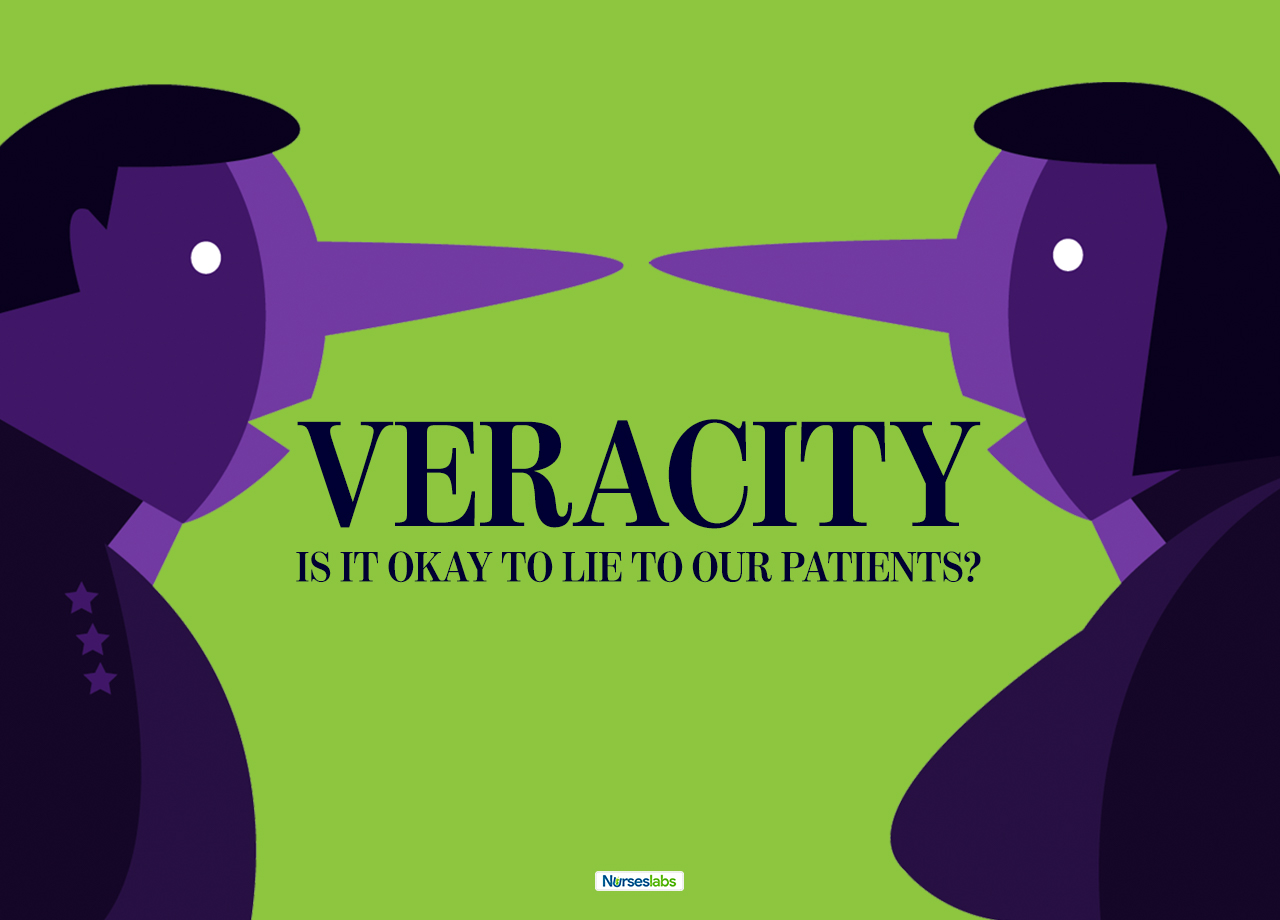
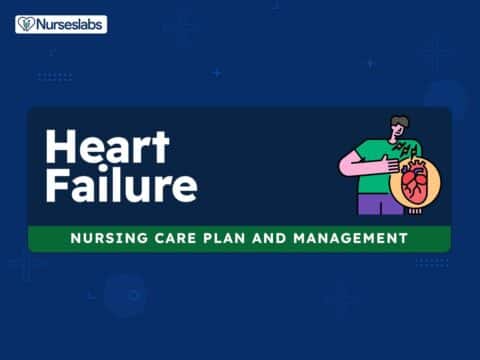
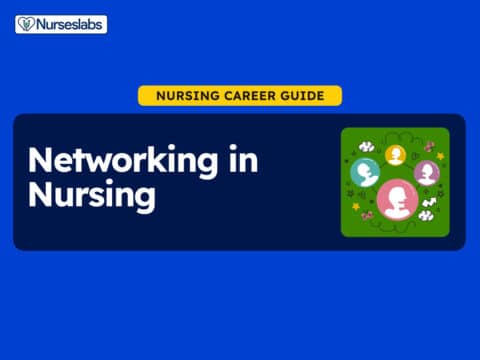
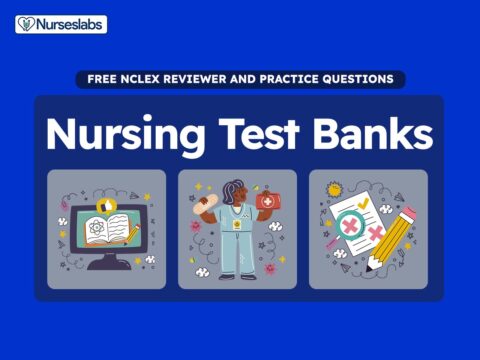

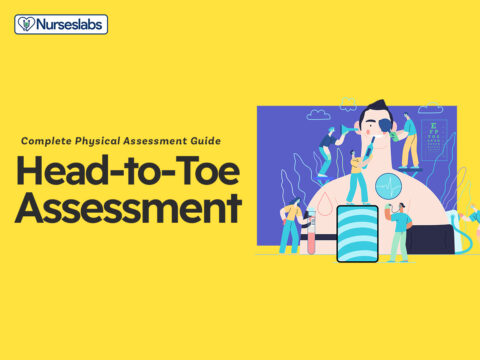


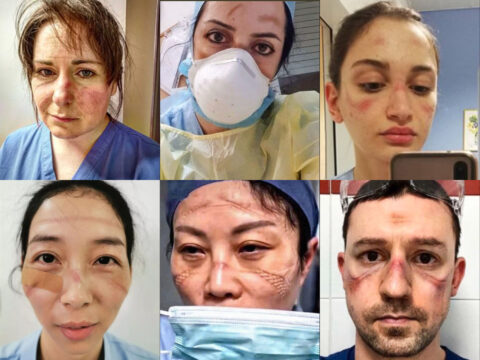
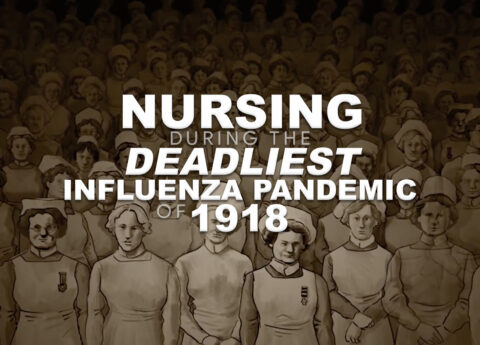



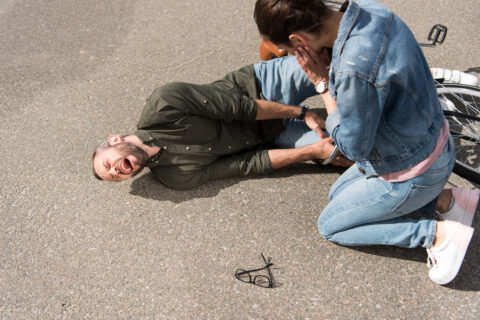











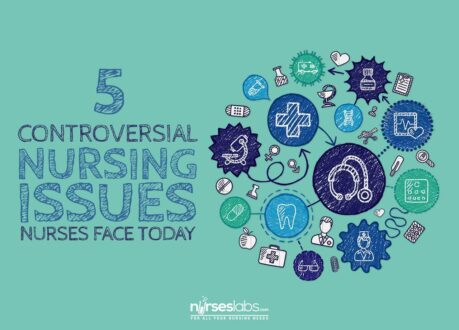







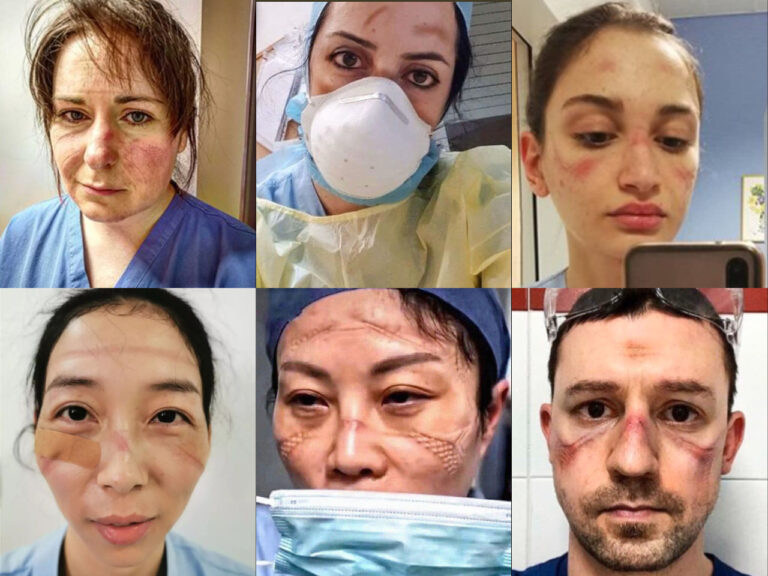
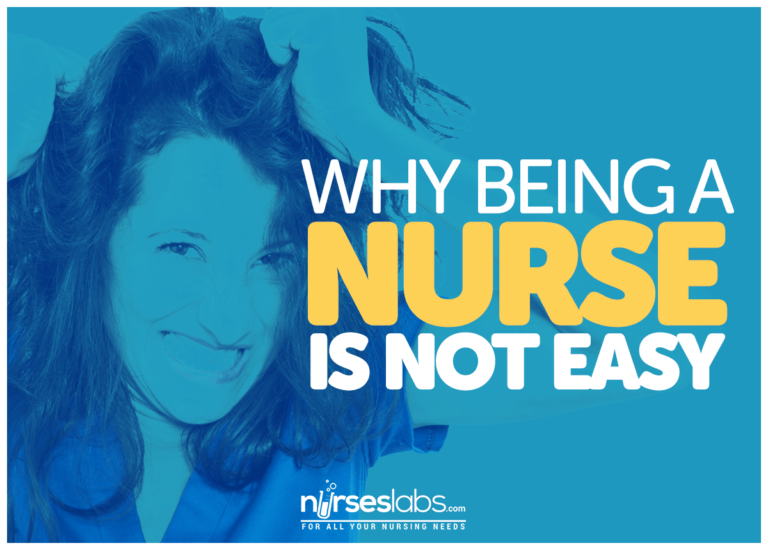


Leave a Comment